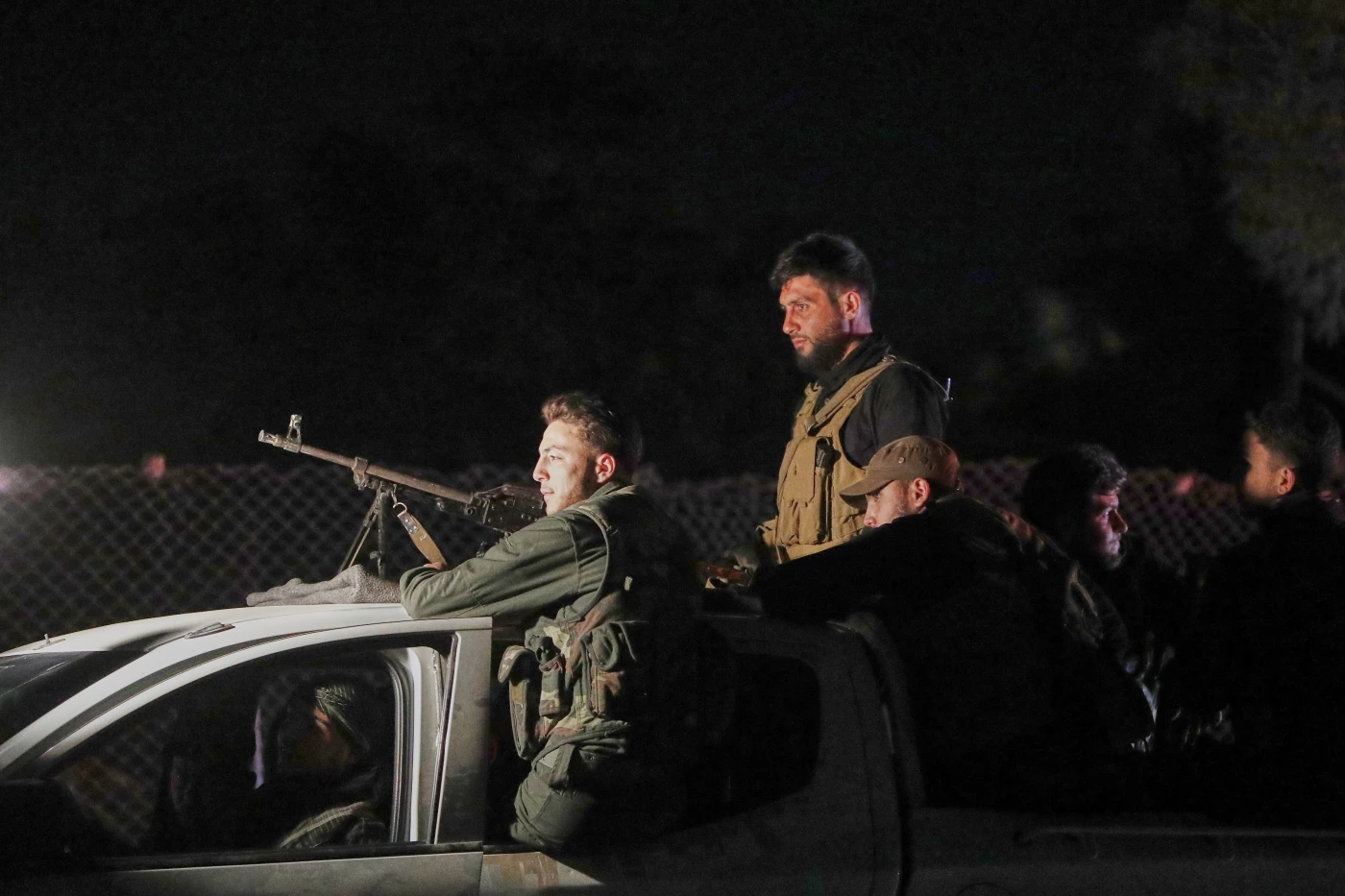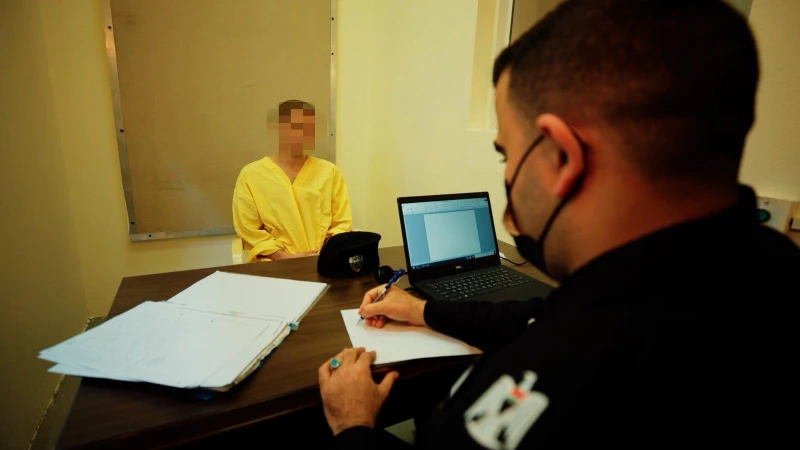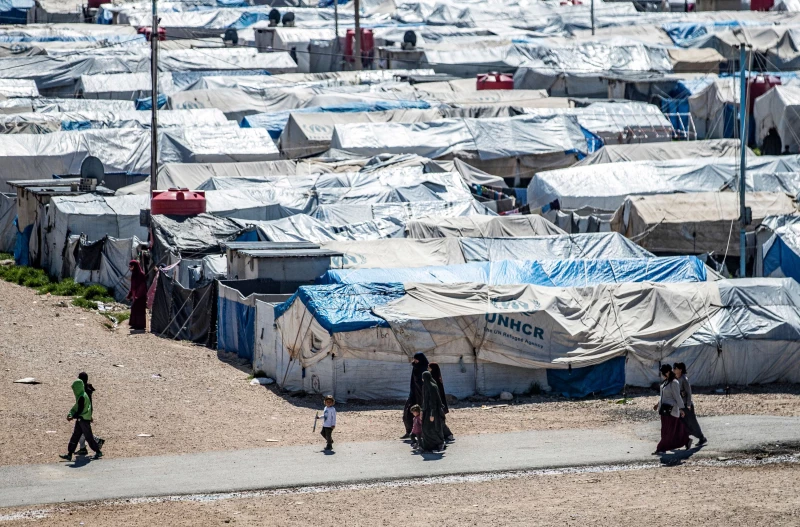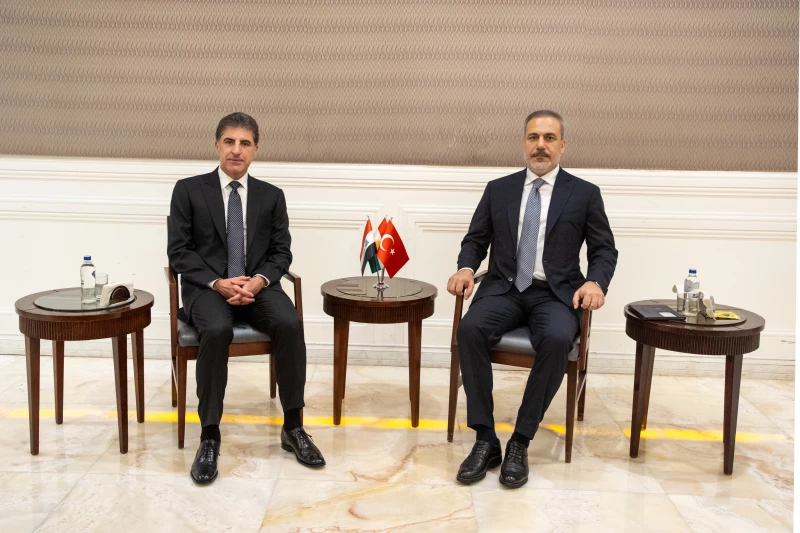ERBIL, Kurdistan Region of Iraq - Syrian security forces have arrested a notorious figure known as al-Hout in the eastern countryside of al-Bukamal, near the Iraqi border, as part of a broader crackdown on organized crime, the Syrian Observatory for Human Rights (SOHR) said Wednesday.
The man, identified as Hussein al-Ali, was detained during a targeted security operation in Deir el-Zour province, according to the UK-based monitoring group, which cited unidentified sources.
Ali, widely known by his alias al-Hout, has long been accused of running large-scale drug and weapons smuggling operations out of the border village of al-Heri. The Observatory said he capitalized on years of weak security oversight and previously benefited from Iranian influence in the region.
Alleged ties to militias and the Syrian regime
According to SOHR, Ali maintained close connections with both Iraqi and Iranian-backed militias and cooperated with the Syrian regime, ties that reportedly shielded him from prosecution and allowed him to continue his activities for years.
Local sources told SOHR that Ali once hosted former Quds Force commander Qassem Soleimani during a 2017 visit to the region, underscoring what the group described as his deep entrenchment in Iran’s network of influence in eastern Syria.
Despite the rise and fall of the Islamic State group in al-Bukamal, Ali reportedly preserved his local status through tribal alliances. He is believed to have played a role in indirect coordination between ISIS fighters and Iran-aligned factions, the group added.
Step toward justice and accountability
SOHR called the arrest “a key step” in efforts to achieve transitional justice in eastern Syria, where informal power structures and criminal networks continue to challenge the rule of law.
The group said the arrest signals a shift by security forces toward pursuing cross-border criminals and ending a years-long culture of impunity.
“Holding powerful figures accountable, especially those who played dual roles during the conflict, is essential to fostering civil peace and rebuilding public trust in security and judicial institutions,” SOHR said.



 Facebook
Facebook
 LinkedIn
LinkedIn
 Telegram
Telegram
 X
X


